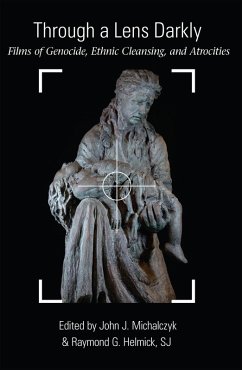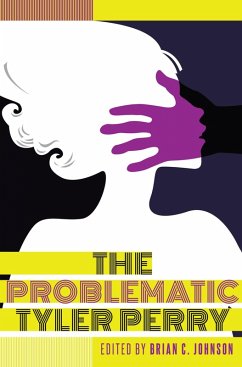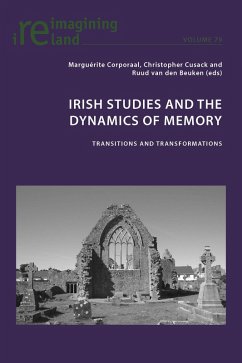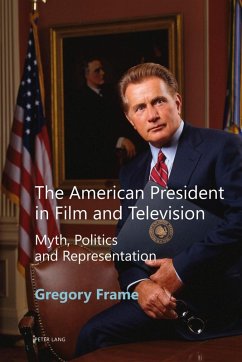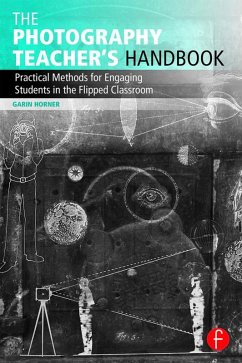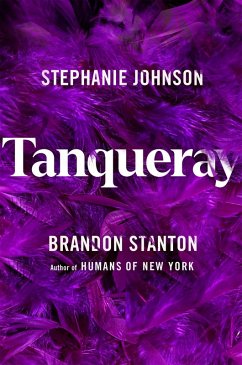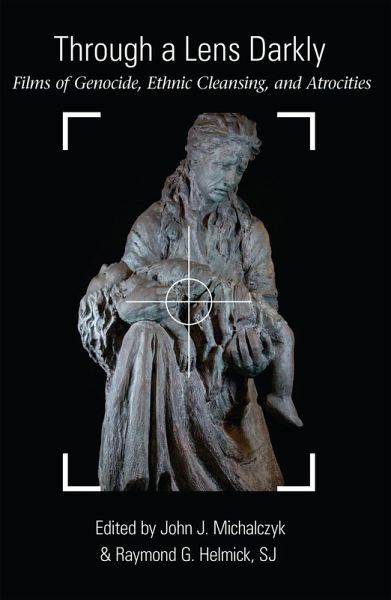
Through a Lens Darkly (eBook, ePUB)
Films of Genocide and Ethnic Cleansing
Versandkostenfrei!
Sofort per Download lieferbar
Statt: 41,85 €**
34,95 €
inkl. MwSt.
**Preis der gedruckten Ausgabe (Broschiertes Buch)
Alle Infos zum eBook verschenkenWeitere Ausgaben:

PAYBACK Punkte
17 °P sammeln!
While the ashes of the Holocaust were still fresh, Polish Jewish attorney Raphael Lemkin put a name to the tragedy that had decimated his family - genocide. The twentieth century was brutally scarred by the massive scale of genocide and its manifest forms of ethnic cleansing, massacres, and atrocities. We ask how these horrors can be visually translated to the screen while both maintaining their authenticity and serving as commercial «entertainment». Through an analysis of a series of poignant films on the plight of the Native Americans, the controversial Armenian genocide, the Holocaust and...
While the ashes of the Holocaust were still fresh, Polish Jewish attorney Raphael Lemkin put a name to the tragedy that had decimated his family - genocide. The twentieth century was brutally scarred by the massive scale of genocide and its manifest forms of ethnic cleansing, massacres, and atrocities. We ask how these horrors can be visually translated to the screen while both maintaining their authenticity and serving as commercial «entertainment». Through an analysis of a series of poignant films on the plight of the Native Americans, the controversial Armenian genocide, the Holocaust and its legacy, the killing fields of Cambodia, and the Hutu-sponsored massacres in Rwanda, the reader can grasp the driving mechanisms of genocide and ethnic cleansing. The oft-repeated, «Never again» rings hollow to our ears in the wake of these tragedies in a post-Holocaust era. The films discussed here, both features and documentaries, are set in an historical context that sheds light on the dark side of humanity and are then discussed with the hope of better understanding our frailty. In the end, however, we ask can the «unrepresentable» ever be represented?
Dieser Download kann aus rechtlichen Gründen nur mit Rechnungsadresse in A, D ausgeliefert werden.




